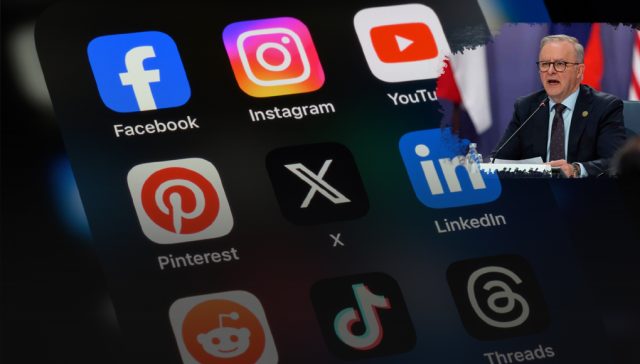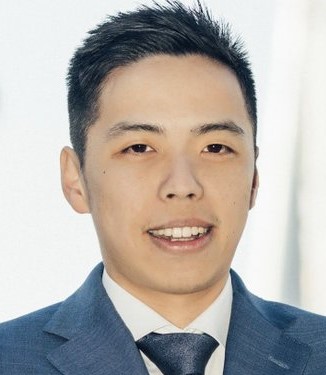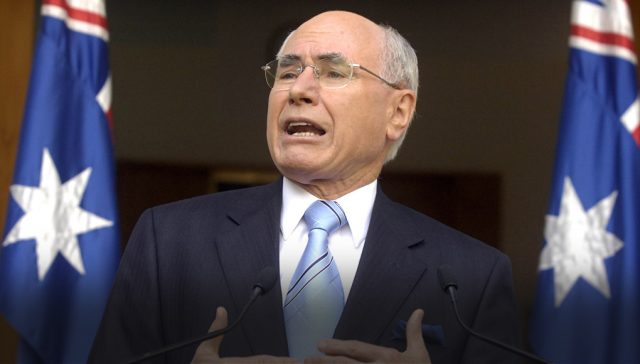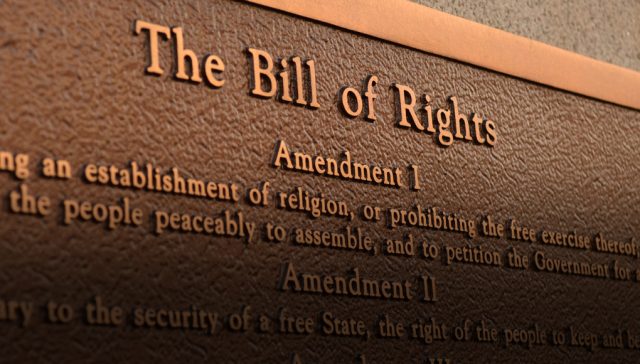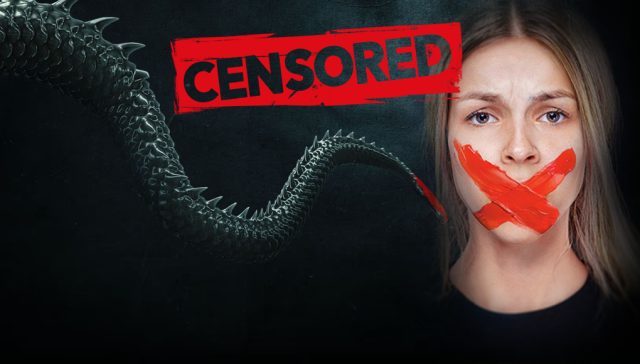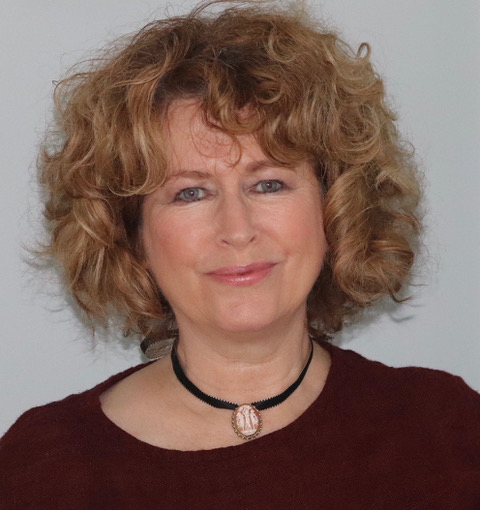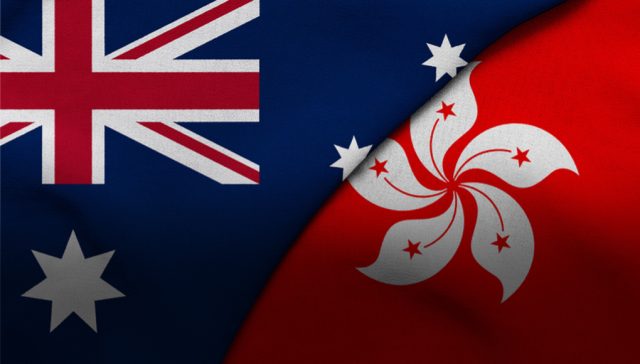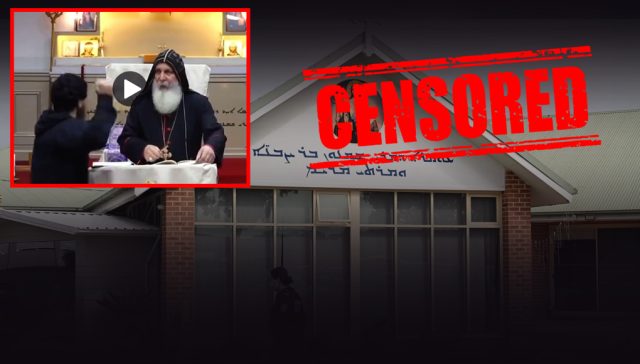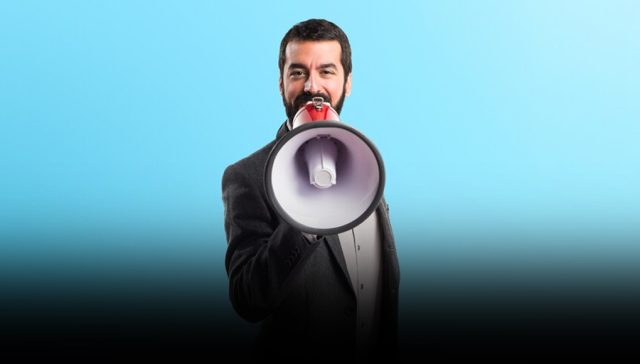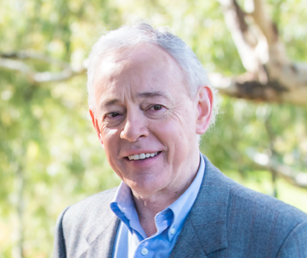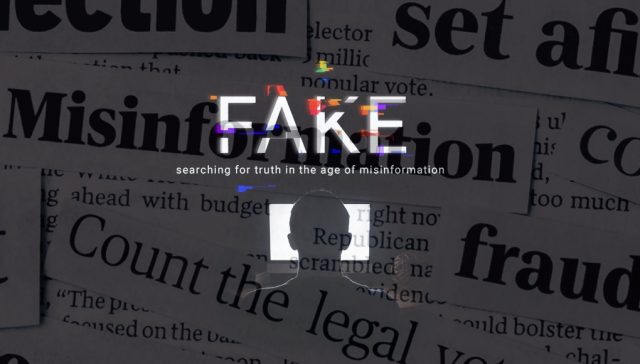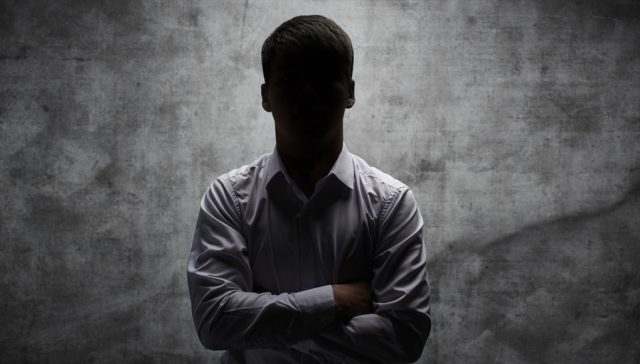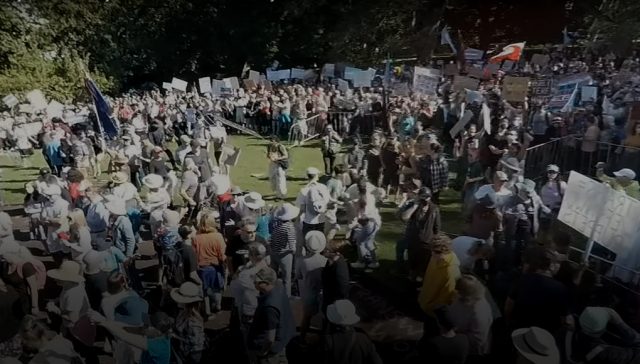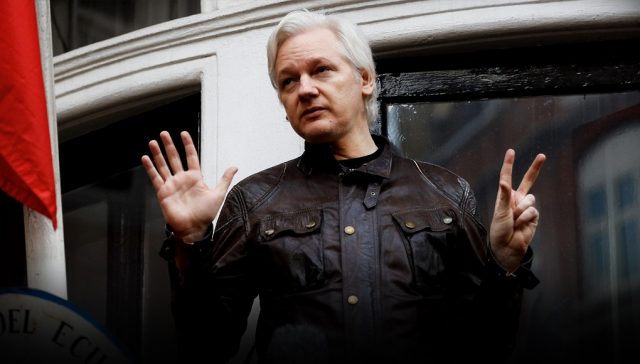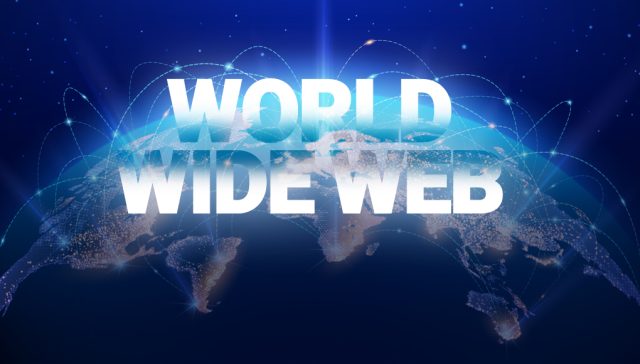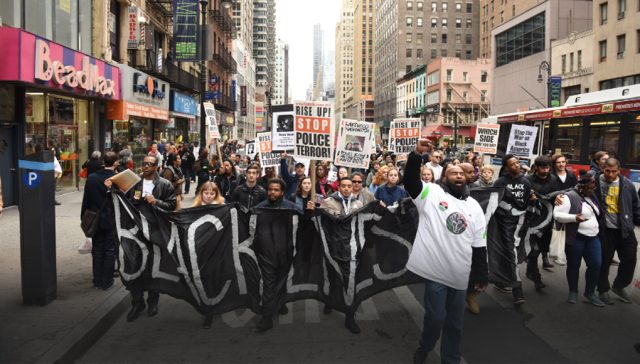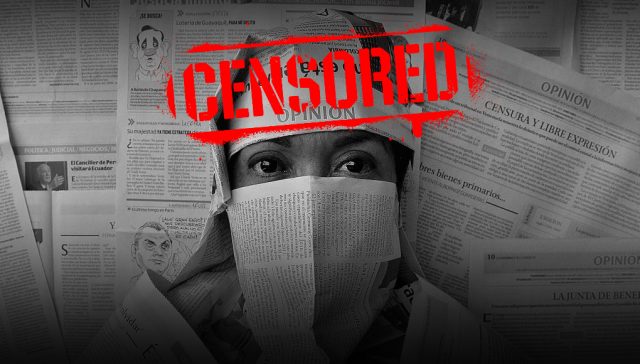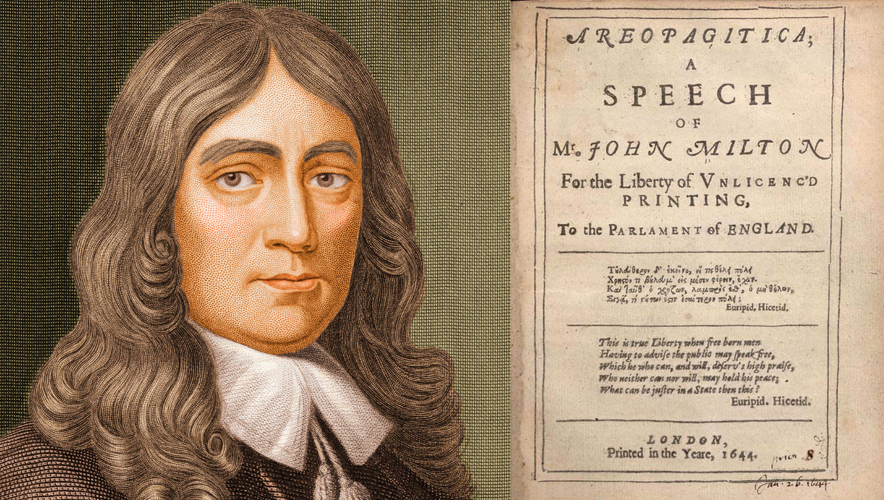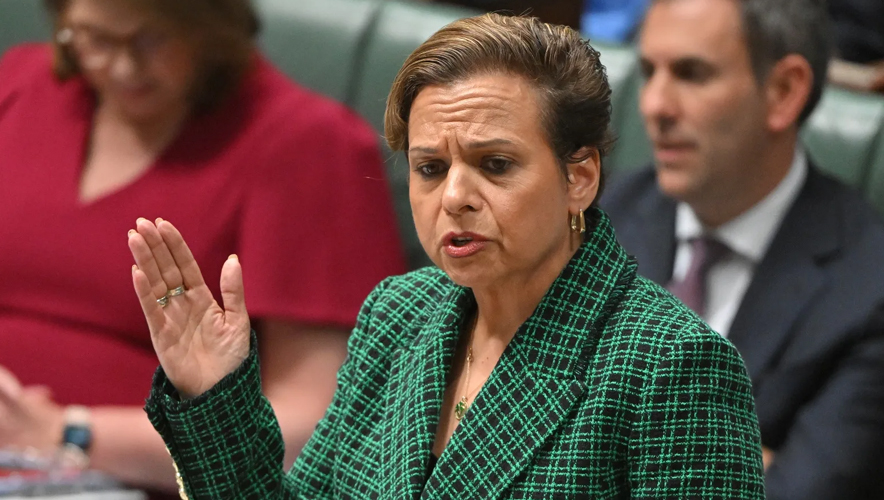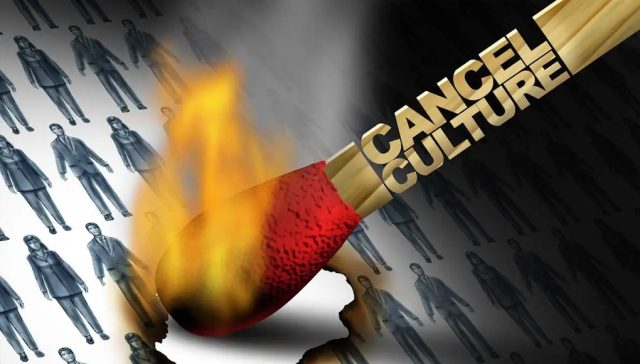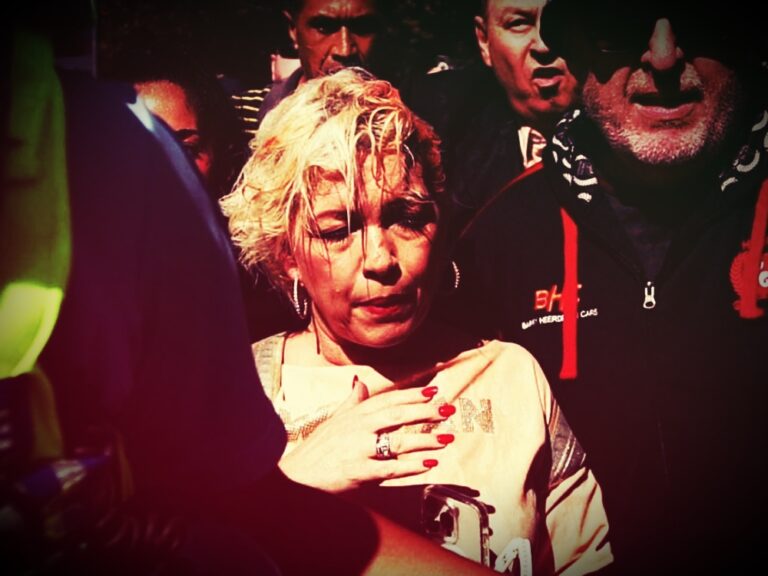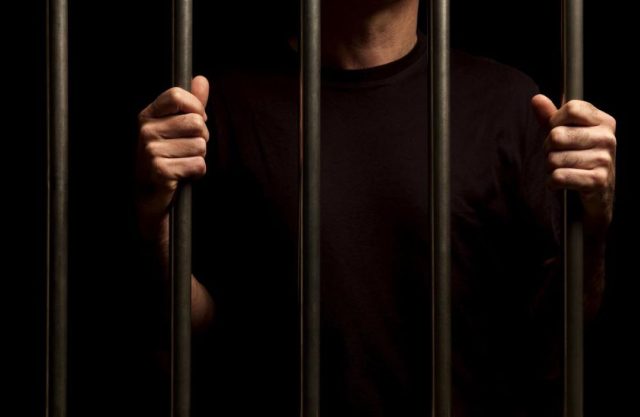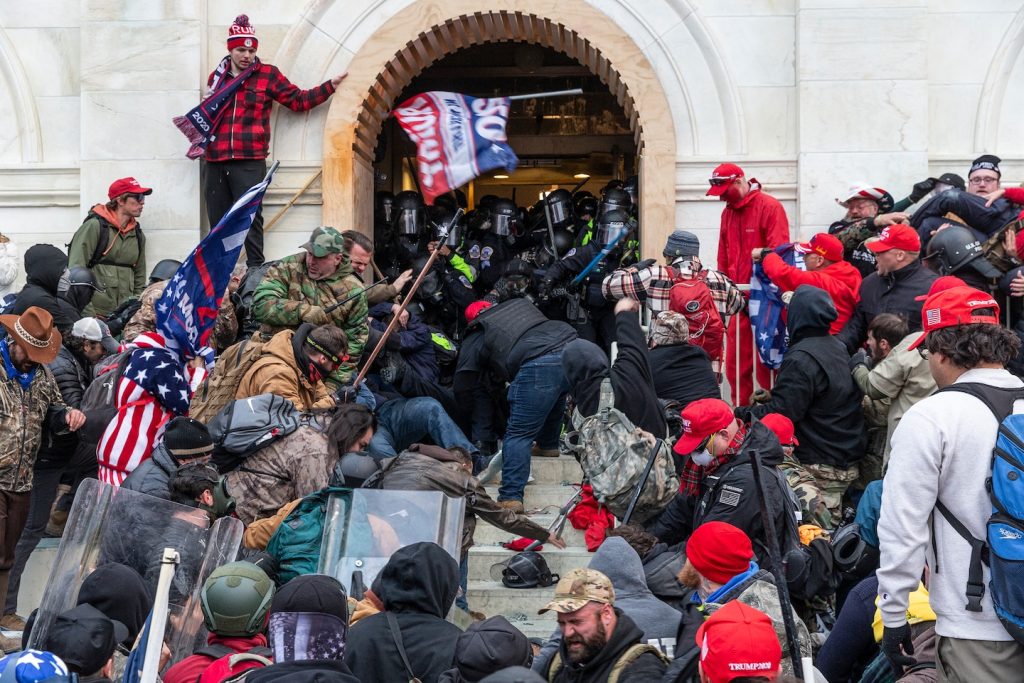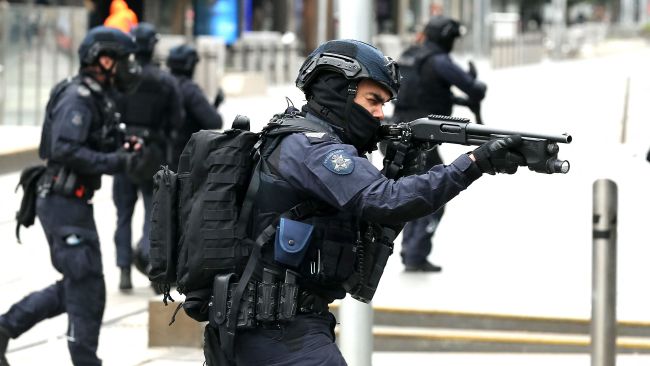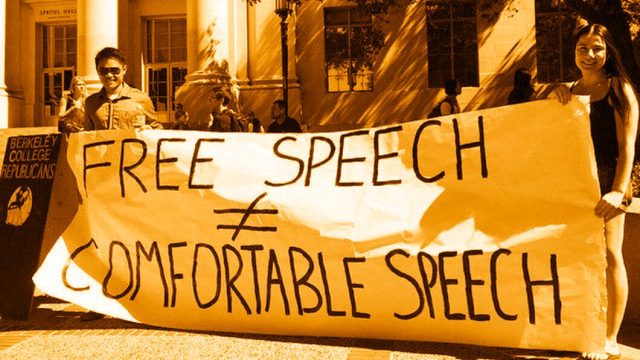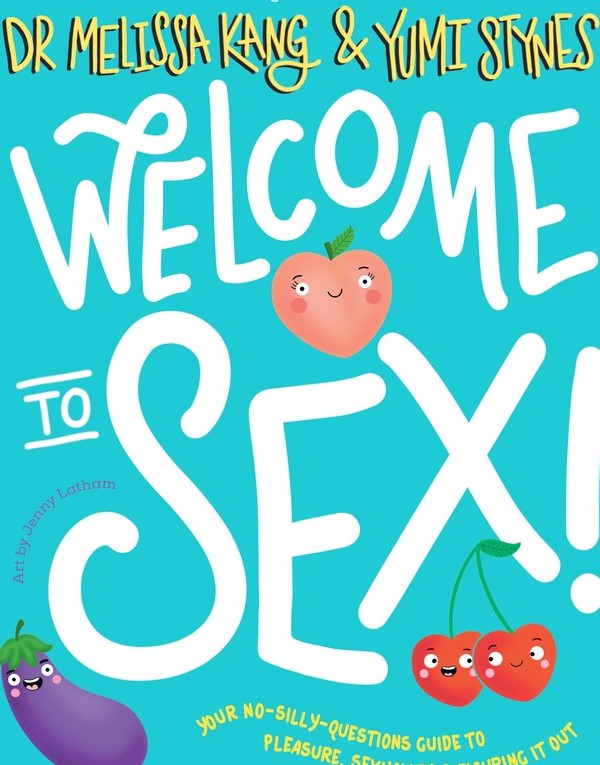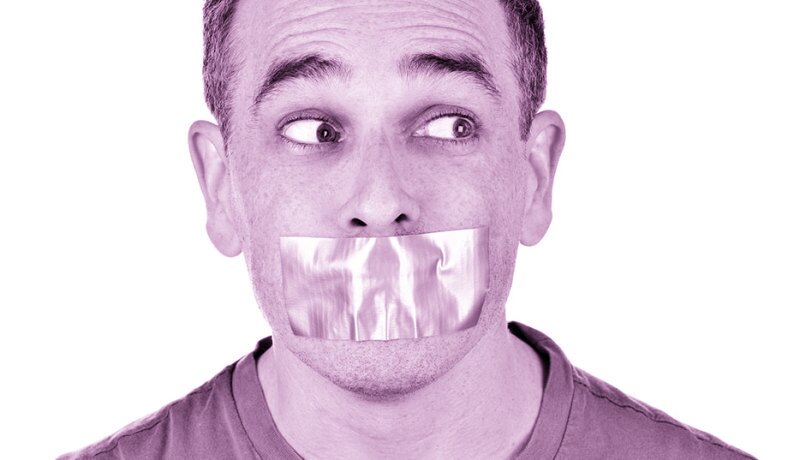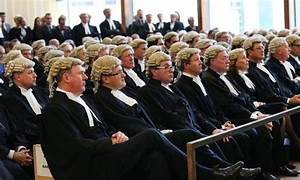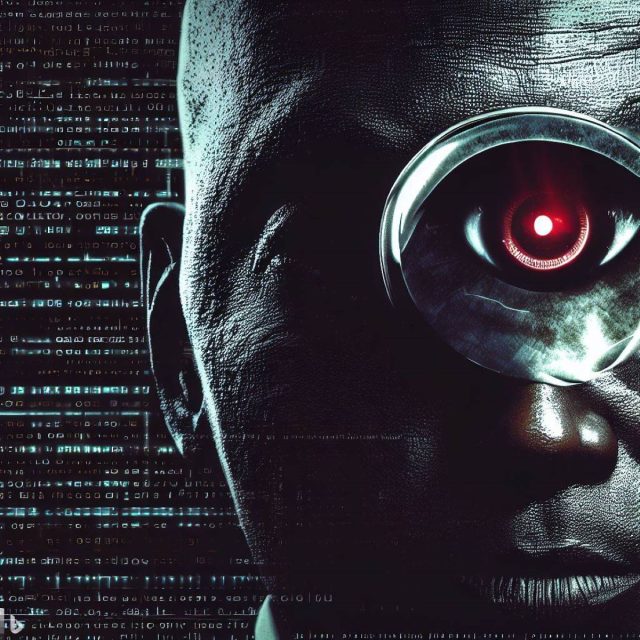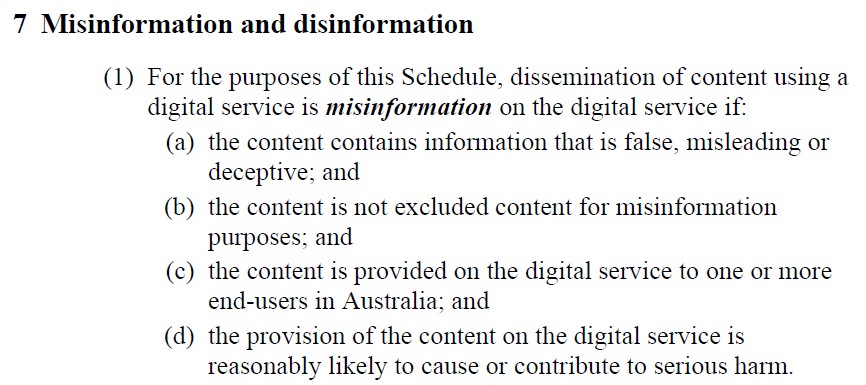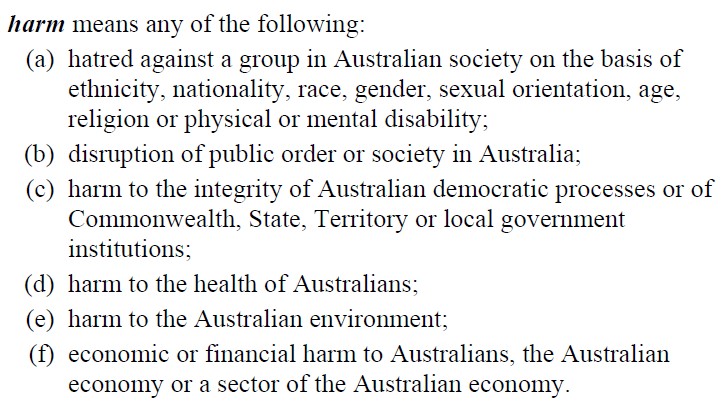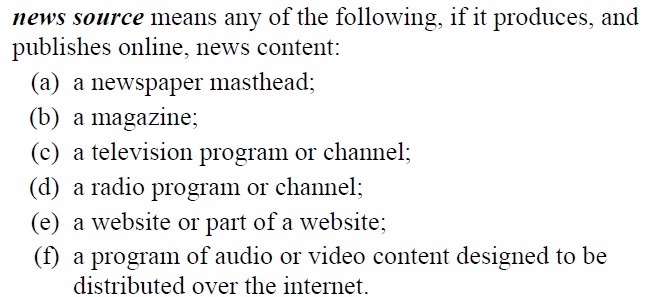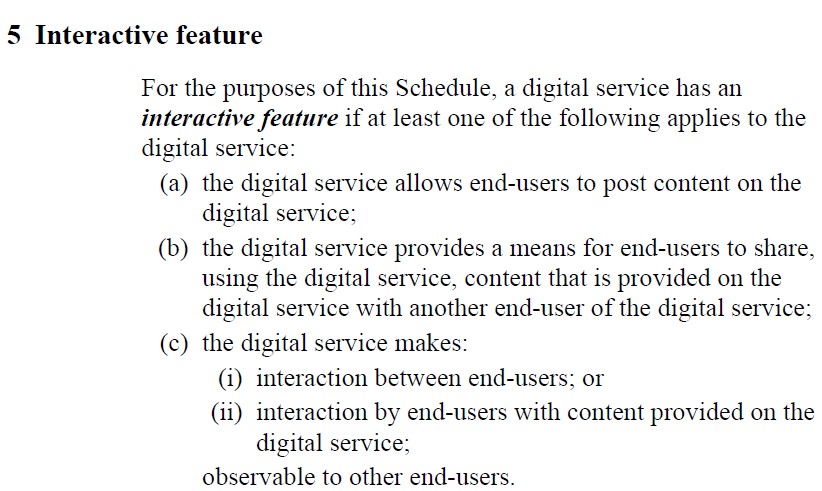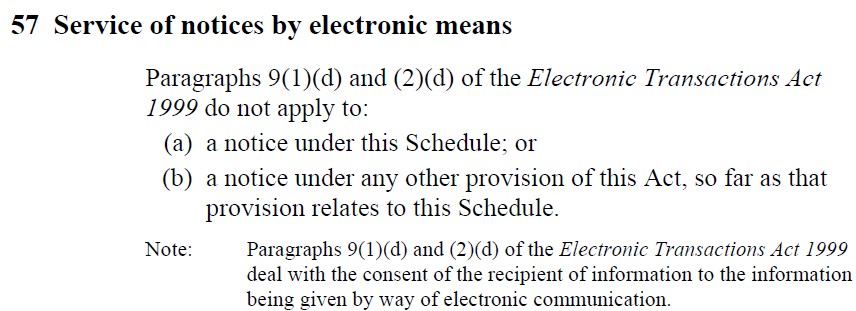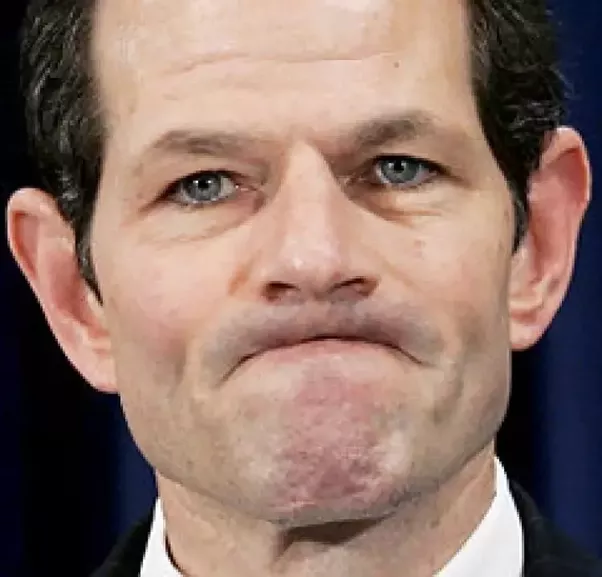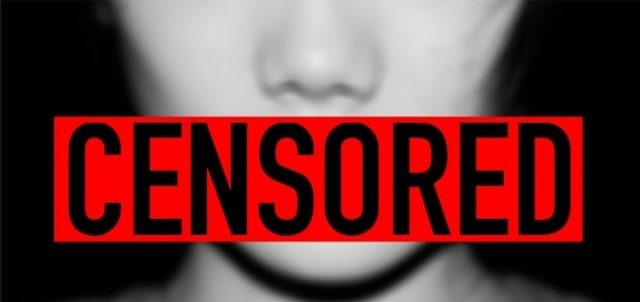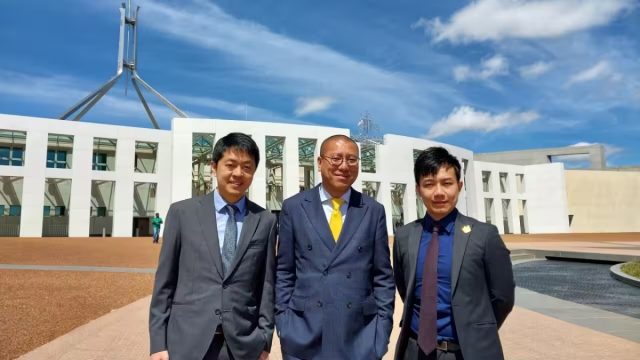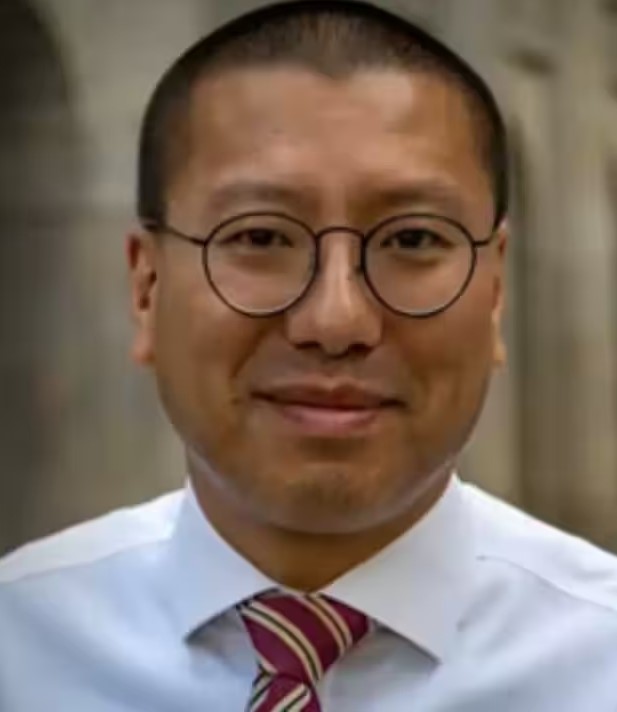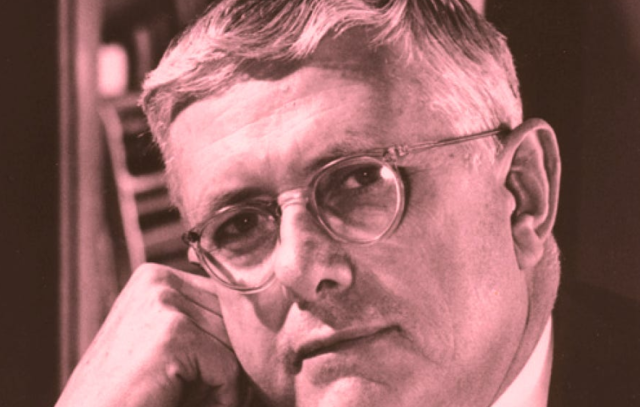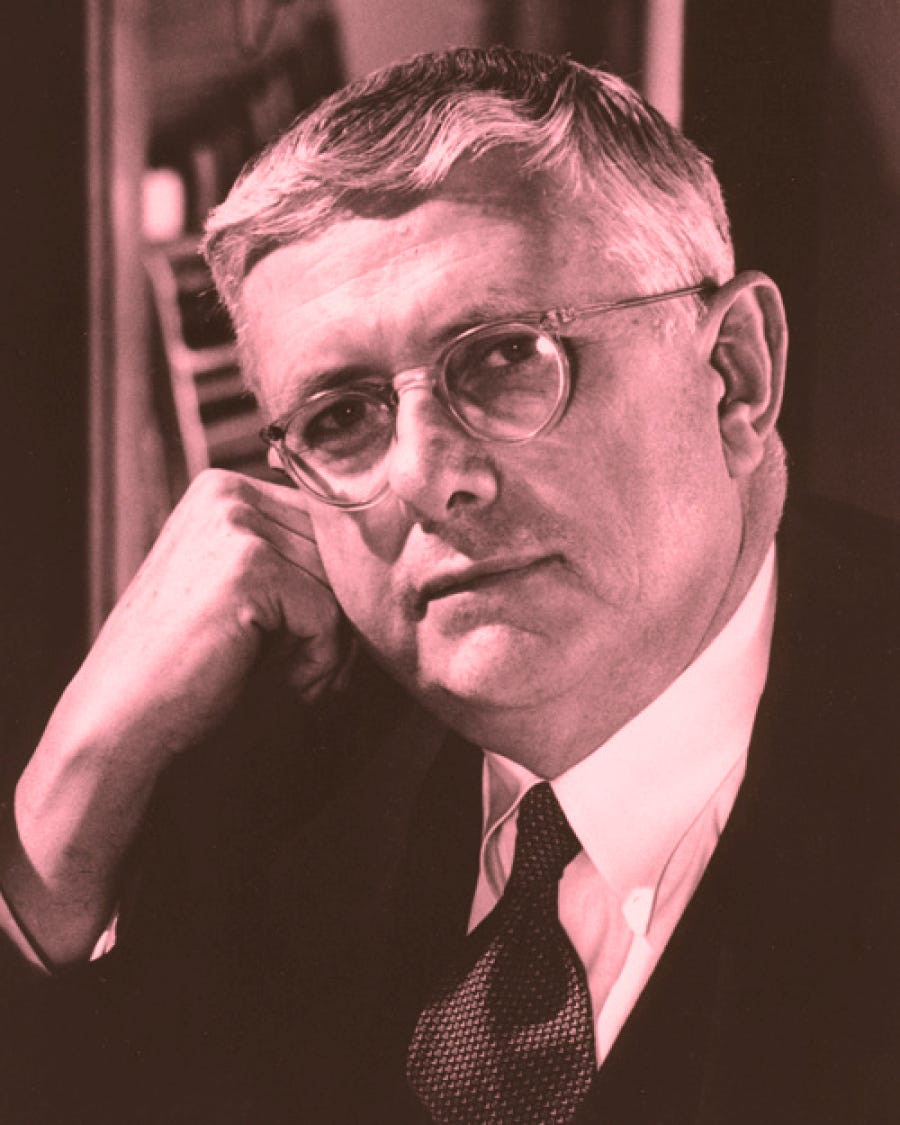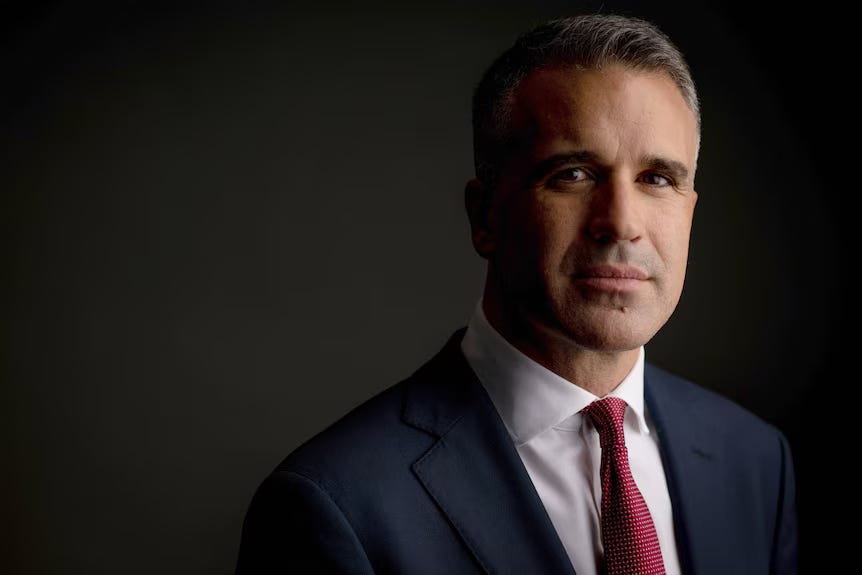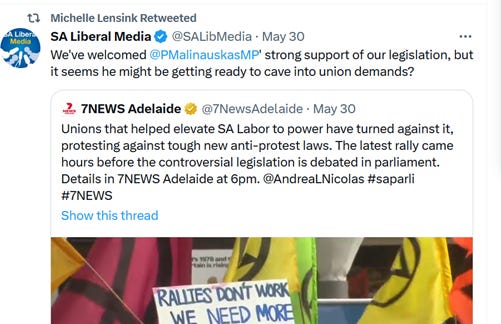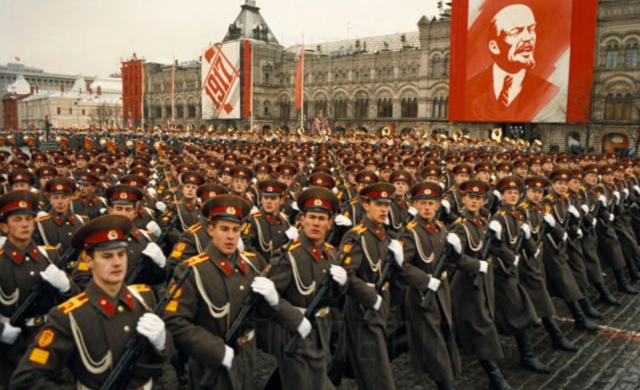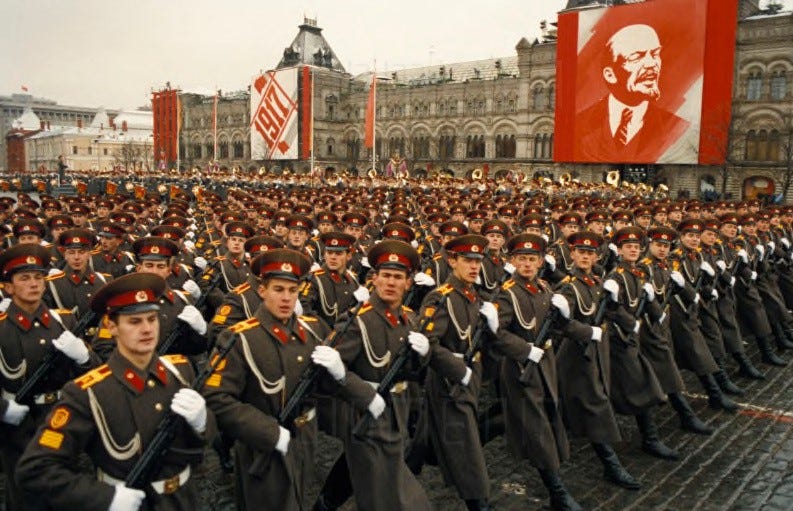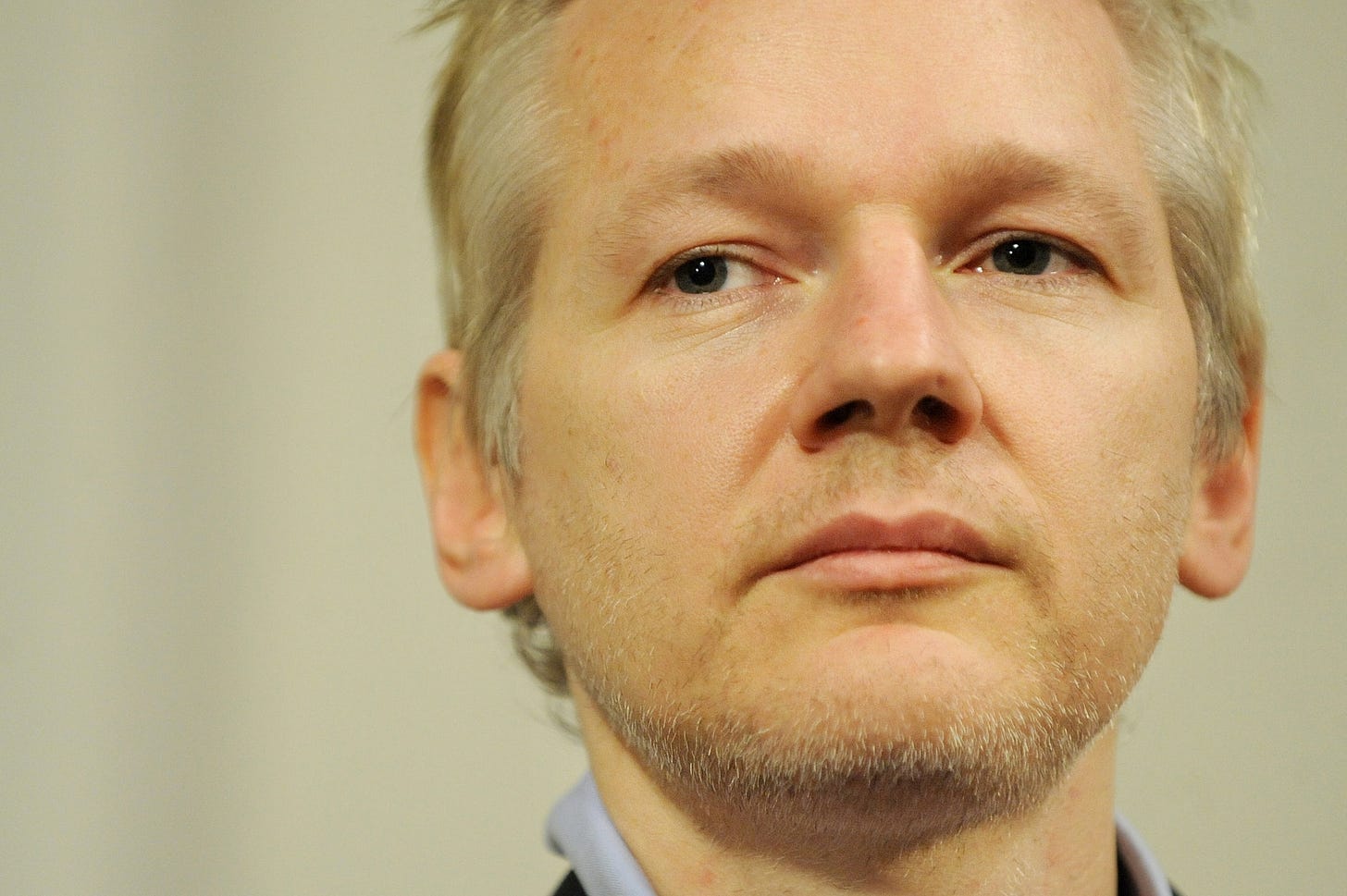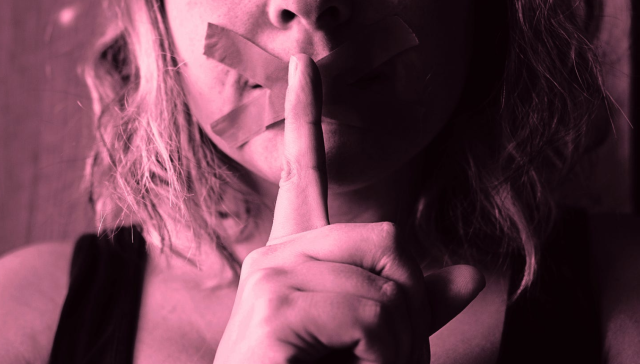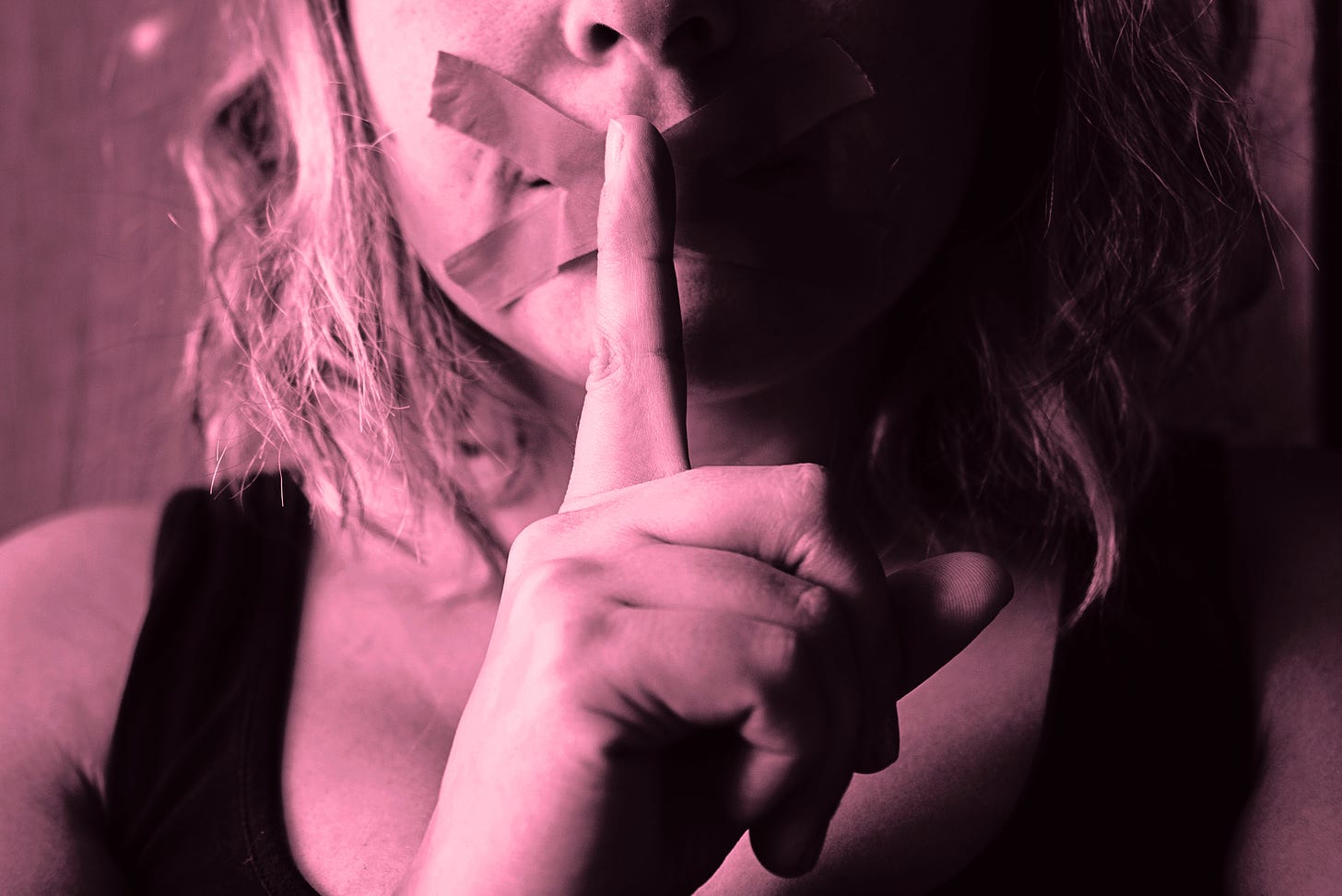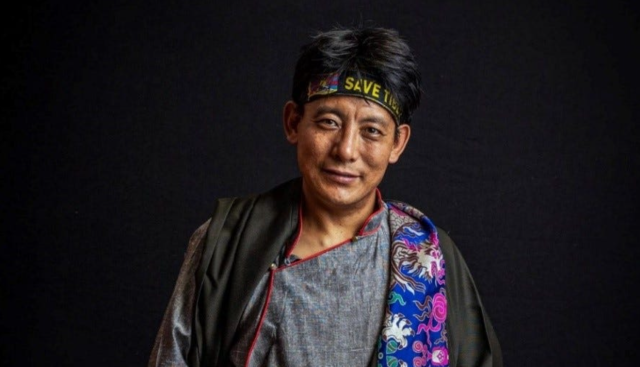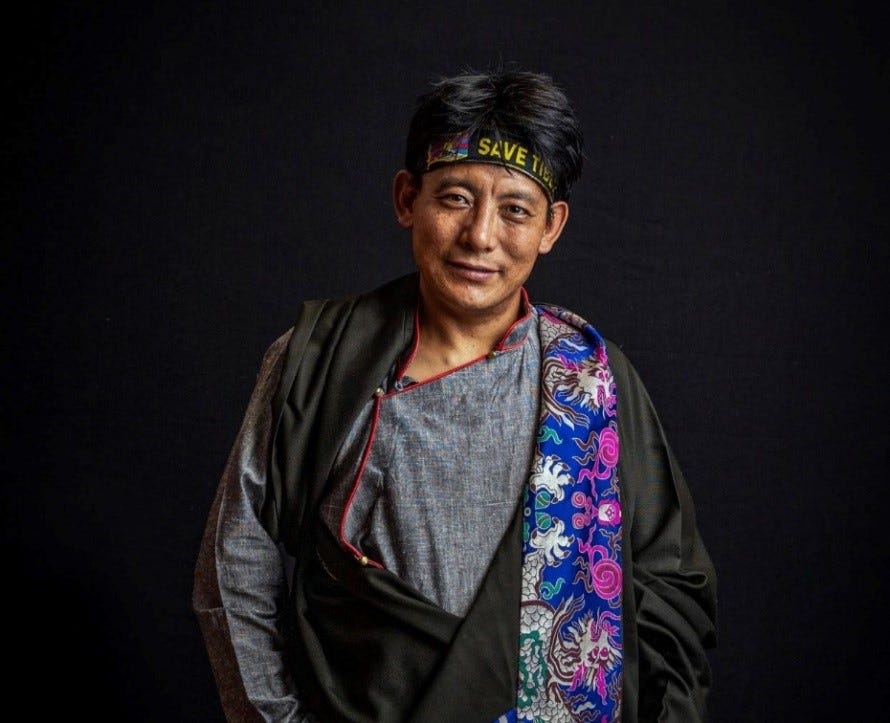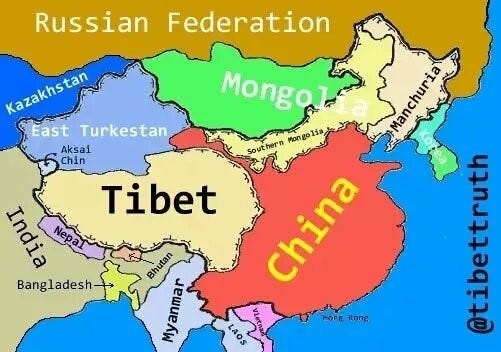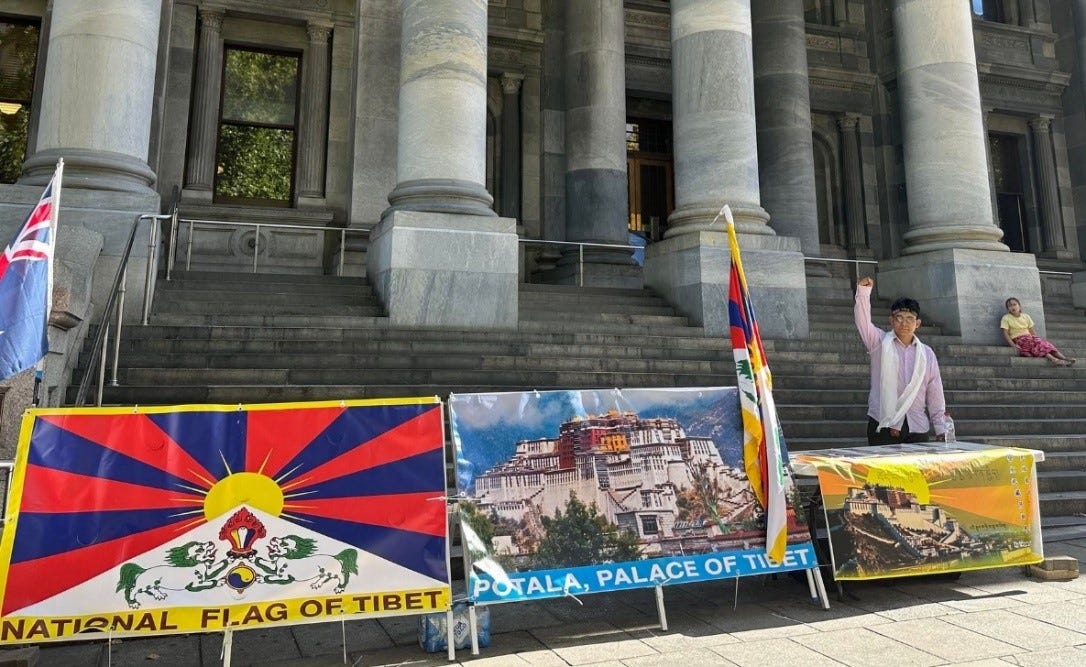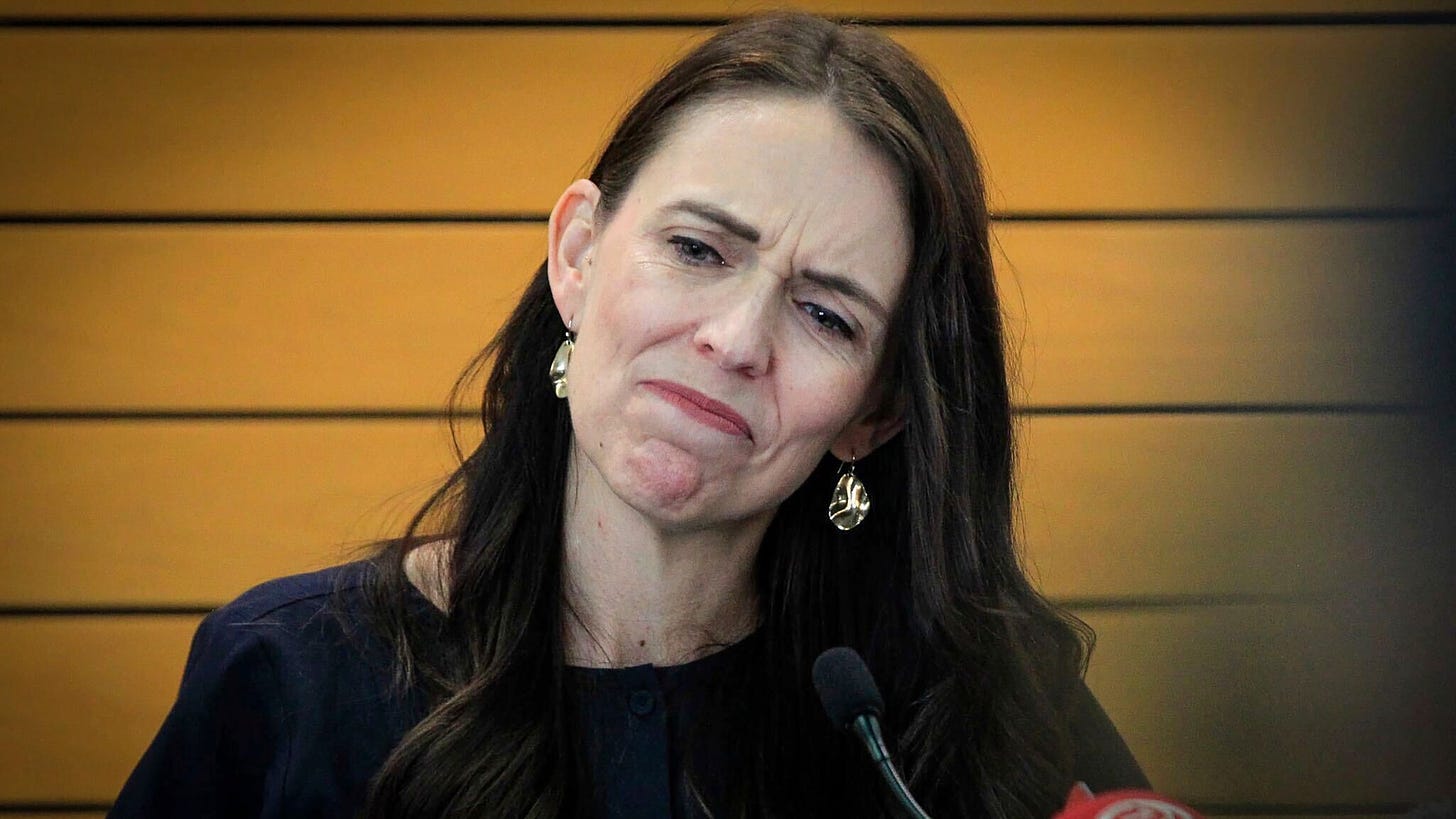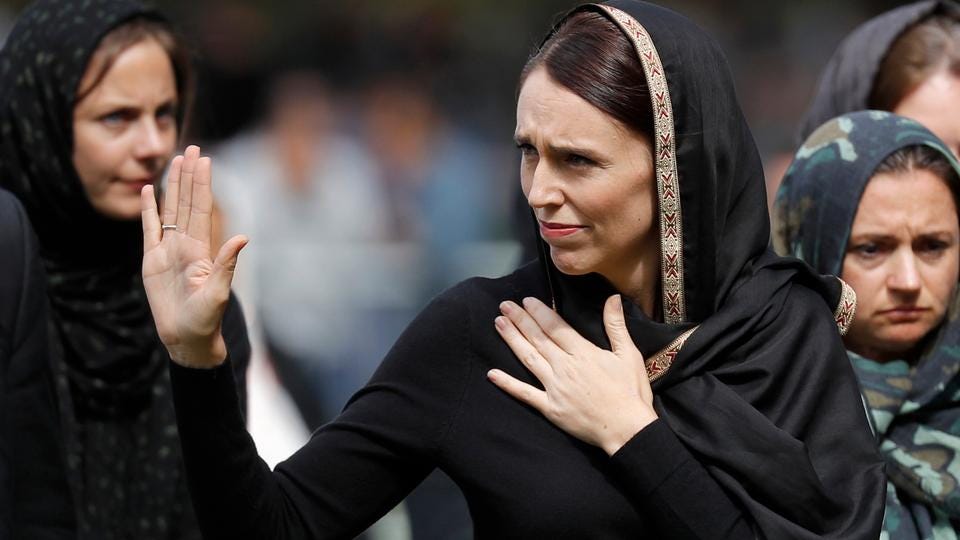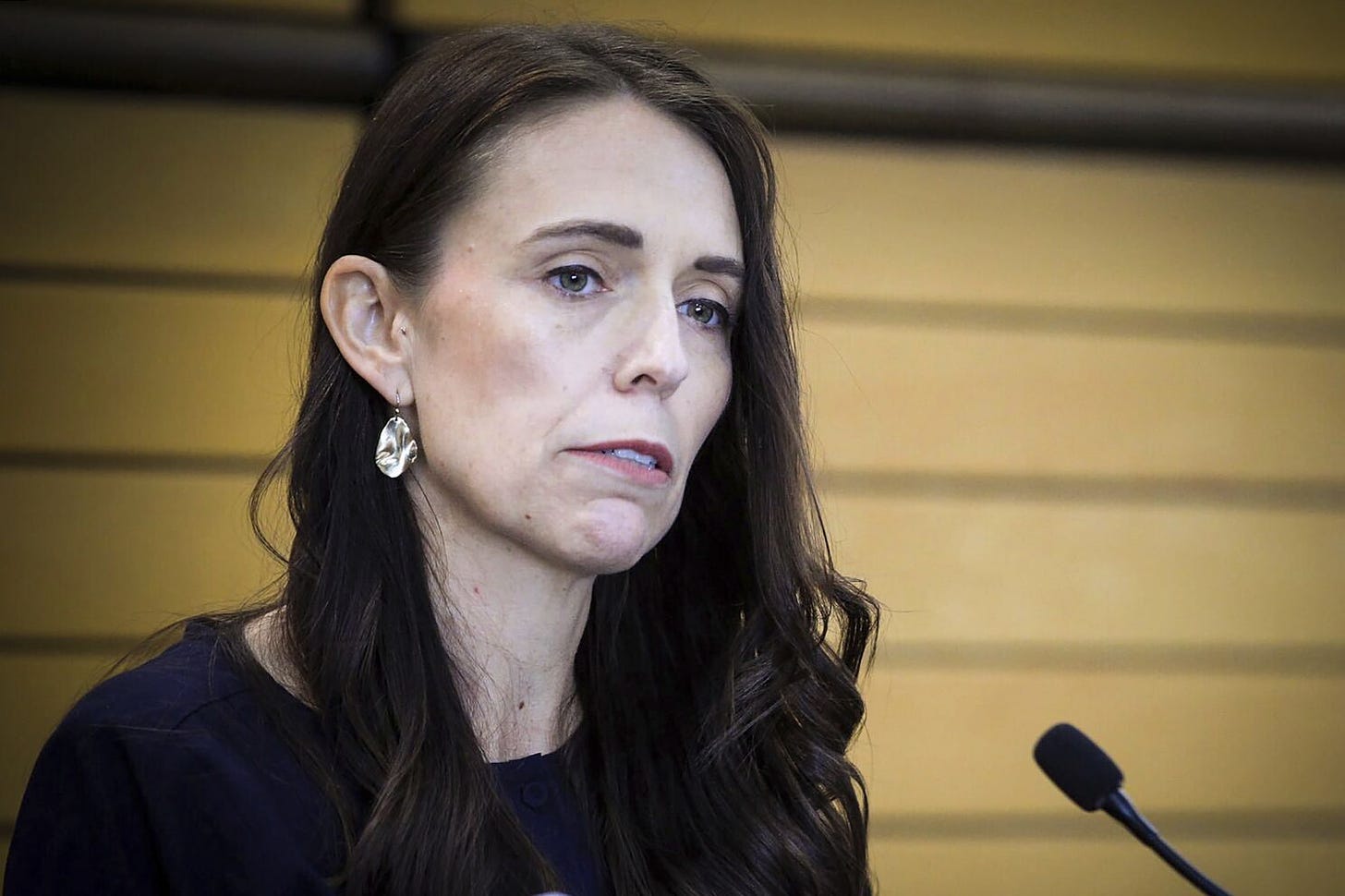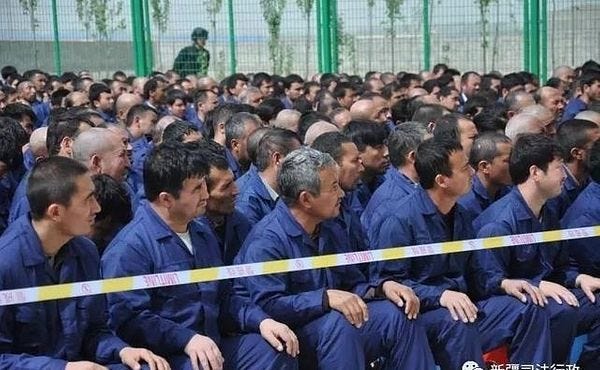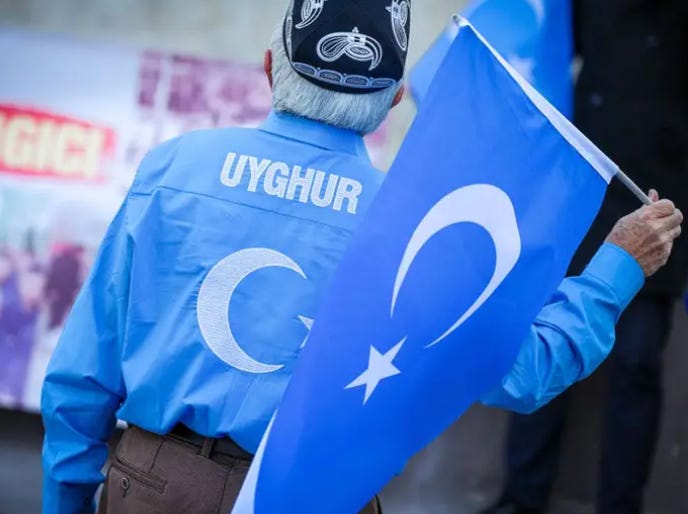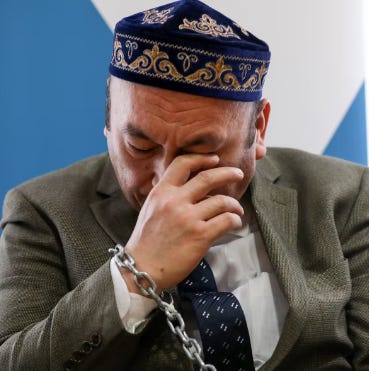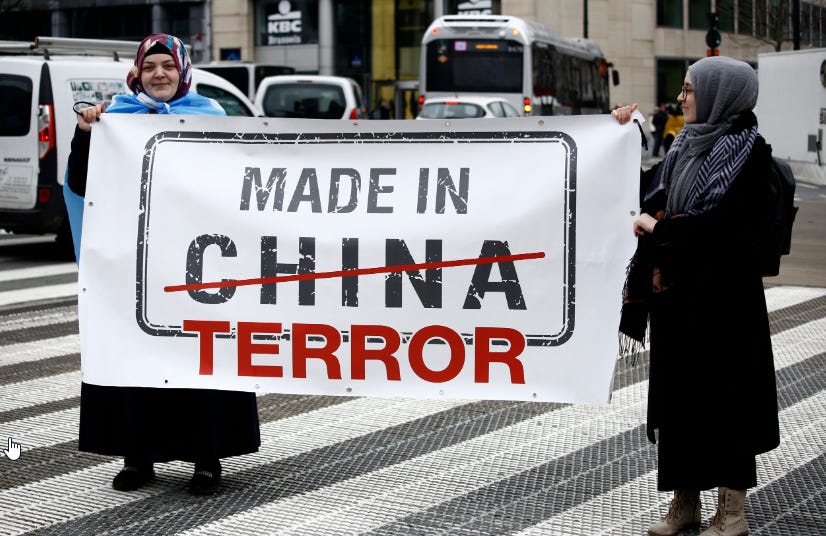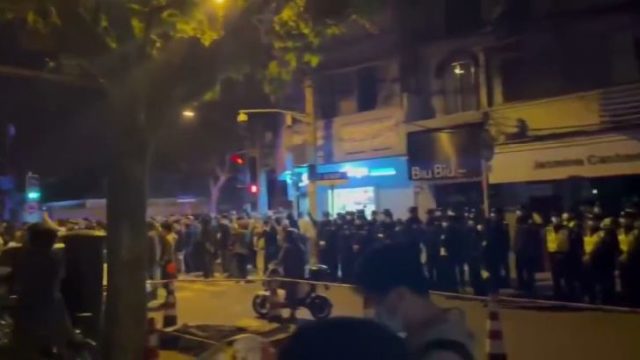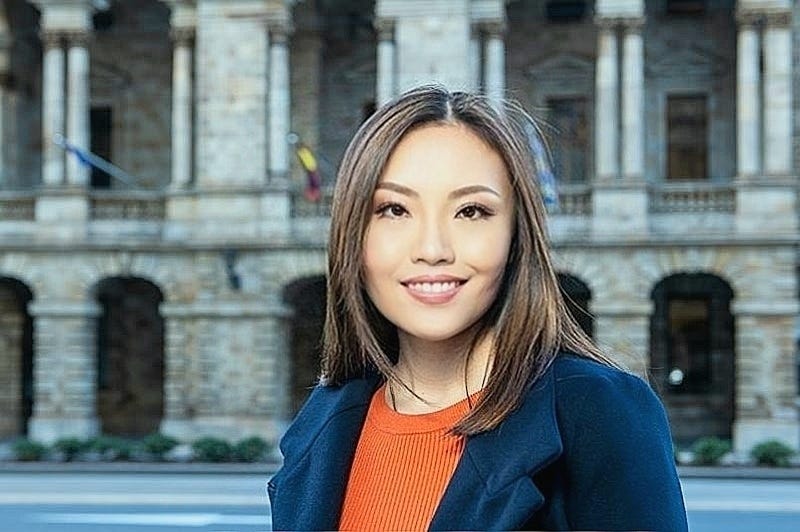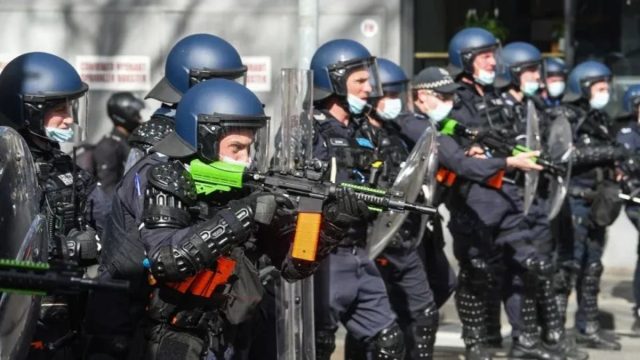Why We Should Oppose Government Efforts to Age Restrict Social Media
There are increasing efforts to mandate age restrictions for social media. These efforts have occurred at federal level with a proposed minimum age of 16, and in Victoria with a proposed minimum age of 14 with parental consent for 14- and 15-year-olds. My home state of South Australia is also considering something similar.
This legislation is motivated by concerns about some of the negative effects of social media use on teenage mental health. I do not believe this type of legislation is the right solution to the problem and that it constitutes government overreach. I am concerned about its effects on civil liberties and internet privacy along with how it may be implemented.
My first major concern is the effect on internet privacy. In the event that such legislation is strictly enforced, social media companies will require ID verification for all participants to join their networks in Australia. This will severely compromise internet anonymity, which is important as it allows people to more openly discuss uncomfortable but important issues and protects the identities of people who are at risk of political persecution.
Ironically it seems there is a segment of parents asking for the legislation in an effort to outsource parental responsibility
This is of particular concern given the increasing trend in Commonwealth countries of people being arrested for saying things online related to hot button political topics or that for some reason have been deemed offensive.
There is also the issue of data privacy. Forcing people to hand over their ID involves the disclosure of sensitive personal data which could then be exposed in a data leak, stolen by hackers, or sold to third parties by the social media company itself.
My second major concern is that such a law takes choice out of the hands of parents and increases government interference in the lives of families. All teenagers are different, and some are more mature than others. The decision to engage on social media should be made by parents, not the government.
Ironically it seems there is a segment of parents asking for the legislation in an effort to outsource parental responsibility. When some parents are asked why they don’t restrict social media for their children despite complaining about it, the conversation seems to go like this:
Parent: I’m concerned that social media is harming my child’s mental health.
Me: Why don’t you stop them from using social media or restrict its use?
Parent: No. I can’t do that. I want my child to fit in and be popular!!!
Me in my head: WTF?
My third major concern is that the policy may have unintended consequences. Like many things, social media has both good and bad aspects, with the bad aspects more pronounced when used excessively. However, social media also allows people to interact with others regardless of how far away they are and to connect with like-minded people.
This can be particularly beneficial to teenagers who live in remote communities, have family that lives far away, seek a family group chat, want to let the world know what is happening in their communities, or for some reason have limited opportunities to socialise in person.
For example, I recently had a friend who was committed to a psych ward. Social media allowed us to talk to each other when I couldn’t visit and outside of visiting hours. A policy of restricting social media would create a government-imposed one-size-fits -all approach affecting all teenagers that will not work for all. Such a policy simply doesn’t distinguish between excessive and moderate social media use.
Social media companies will require ID verification for all participants to join their networks in Australia.
My fourth major concern is what the government defines as social media. Not all social media is the same. I personally have Facebook, Discord and Signal. All these apps function differently despite falling under the umbrella of social media.
Facebook mandates that people use their real name to create a profile. On Facebook you can create both public and private events, comment on things publicly, message people privately, and a range of other things. On Discord, you create a username and then can message people and join private and semi-public groups.
Signal works like text messaging, but you can create group chats and relies on the internet rather than phone data. Signal does not have public pages like Facebook. As someone who intends to become a parent in the future, I would approach all these apps differently and allow them each at different ages.
I would also like to point out that many social media sites already have age restrictions. Facebook, for example, requires a minimum age to join of 13. There are also apps that you can get on phones and computers that limit social media use or block certain sites.
Given this, I believe the best alternative solution to this legislation would be increased parental responsibility surrounding social media, and social and societal support for parents who choose to limit excessive teen social media use.

Jessica Colby is a young libertarian advocate who has been passionate about political issues from an early age. She became involved in the Libertarian Party shortly after turning 18 and is now Treasurer of the South Australian branch.






